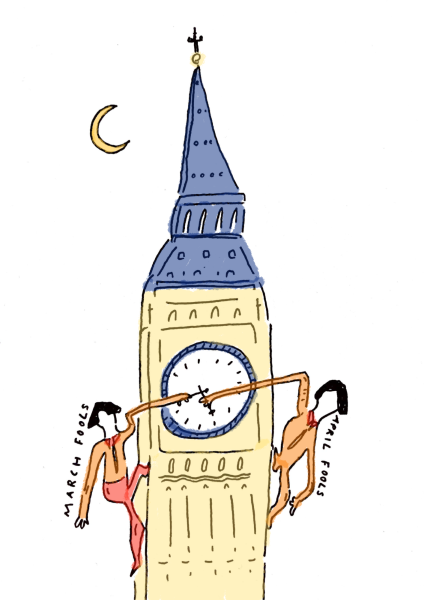Ankeny Excavation Reveals Lives of Nineteenth Century Students
February 25, 2016
A recent excavation done by the Whitman archival team at a dig site in an undisclosed and inaccessible corner of Ankeny revealed pages from the ancient college newspaper Unnamed, founded by the community organizer Marcus Whitman himself. These documents were surrounded by curses and booby traps to dissuade any inquisitive historians and have already claimed the lives of several staff and the interest of dozens more.
These pages unearthed by the now traumatized historians contain an interview of Whitman students who were clearly only lured there with the promise of free food. This conversation, which took place on Feb. 30, 1860, is expected to change absolutely nothing about how we view the world, making it a first among historic discoveries. A statement describing its contents was released to the public by the remaining archivists, looking haggard and covered in mixtures of blood, ink and tears.
The reporter asked the students, already chowing down on their free crumpets, about Whitman’s quickly growing Protest of the Week Club. This club was founded when its president and several of his friends were rudely woken from a quiet nap on the steps of the library, and, at the time of the interview, was planning a protest against slavery in the south. This demonstration would include a remembrance nap on the steps of the library, although nobody really expected to “change anything about that whole nasty slavery business.”
When the reporter asked about the how the the vast majority of students at the college were white and incredibly rich, a student responded with a perplexed “yes?” as if confused by this line of questioning. “Wait, who here isn’t white?” Interjected another student, looking around curiously.
And then they talked about some boring things like sports or whatever, the historians report. The Whitman discus team, the Sours, had advanced to the county wide finals that year, but automatically won due to a lack of competition from the surrounding areas, or, as student Chuck Cleveland, class of 1862, put it, “We’re just so thugging, yo.”
The food almost gone, the students beginning to eye each other hungrily, the reporter wrapped up the interview with a question about how the campus remains so really really ridiculously good looking all the year round. A student named Billiam Richards, class of 1863, responded that it was because of “a combination of pumps manned by the help, irrigation canals and President Lincoln’s chest hair.” When the reporter asked tiredly, clearly starting to regret taking this assignment, if all that effort is really worth it, the students collectively scoffed and straightened their top hats.
The pages smudge into oblivion here, despite the best attempts of the historians to read them, but so many questions remain. Will drought ever stop the campus maintenance? How can people care this much about discus? Will Chuck Cleveland ever ask out the girl of his dreams? Until the next installment from the past, we remain impatiently unenlightened.






